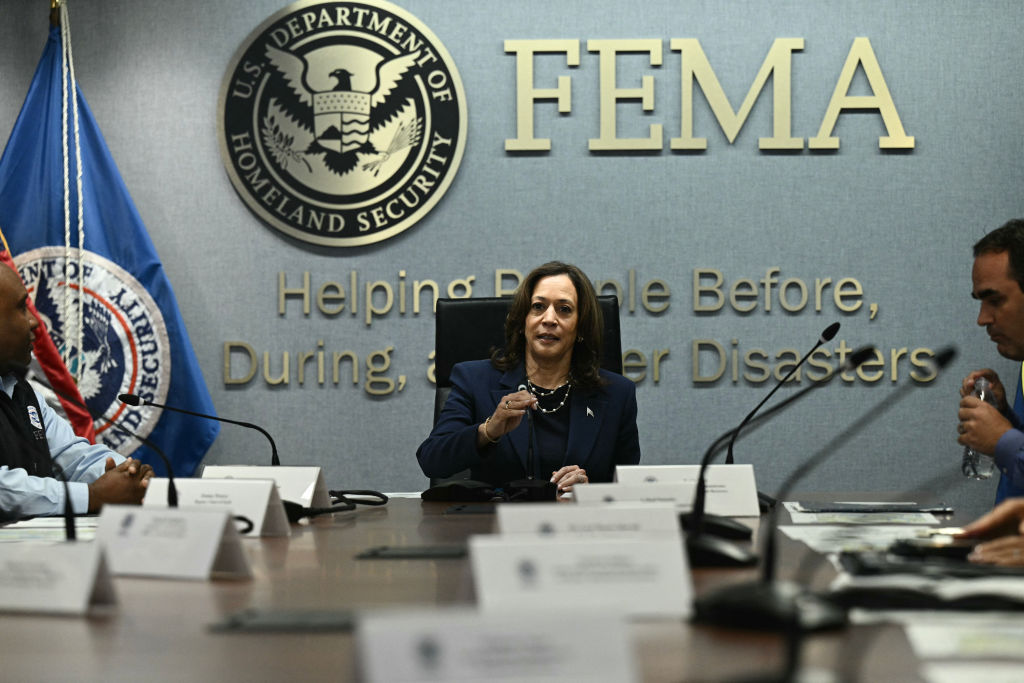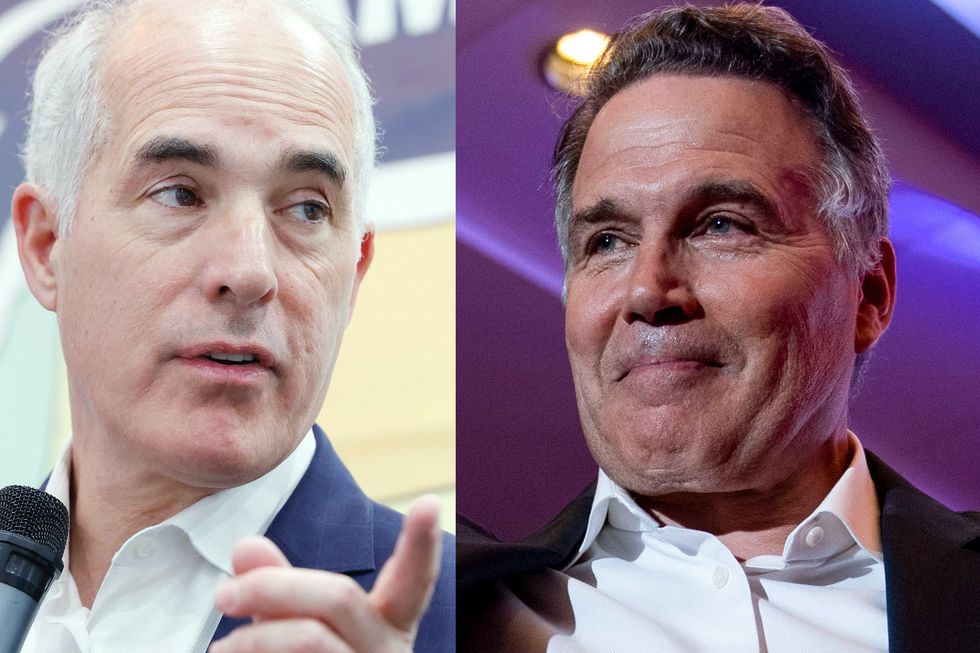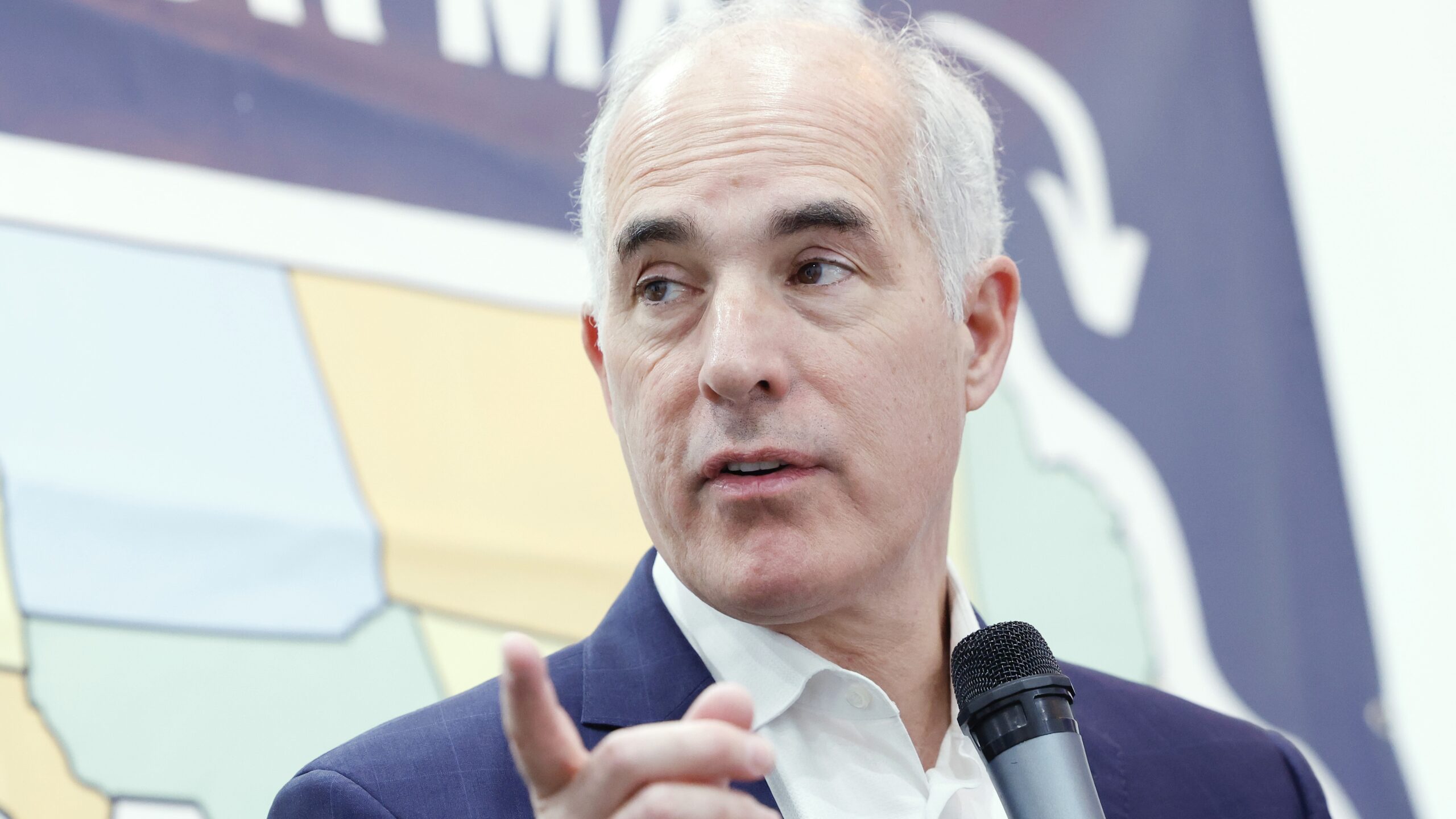The DEI-ification Of Disaster Relief Is A National Embarrassment
Days after the destruction of Hurricane Helene, with more than a hundred Americans dead and billions worth of damage done to life and livelihood, the government tasked with aiding disaster victims has fallen victim to diversity-driven mission drift. As the backlash against DEI grows in the corporate and academic space, we’re beginning to see a ...

Days after the destruction of Hurricane Helene, with more than a hundred Americans dead and billions worth of damage done to life and livelihood, the government tasked with aiding disaster victims has fallen victim to diversity-driven mission drift.
As the backlash against DEI grows in the corporate and academic space, we’re beginning to see a tactical pattern: Institutional trends often aren’t created by big headlines, but by quiet acquiescence to under-the-radar practices that can, over years, lead to incredibly damaging mission drift. Centrality of mission matters for a college, and it matters even more for a business. But it arguably matters most of all when it comes to dealing with natural disasters threatening tens of billions of dollars worth of damage to the American people. And yet, it’s in this area that DEI-esque mission drift has occurred most blatantly.
It shouldn’t be controversial to say that race obsession should not be a primary consideration when it comes to disaster relief that affects Americans of every race. Yet, as the city of Asheville floods, FEMA itself is focused on appeasing race-obsessed people. In the wake of Helene’s destruction, the Biden administration is taking widespread flak for their 2022-2026 strategic disaster relief plan listing as their primary objective, “instill[ing] equity as a foundation of emergency management.” What does this mean, exactly? In FEMA’s words, “Proactively prioritizing actions that advance equity for communities and identifying groups that have historically been underserved.” Pair this with the 1988 Stafford Act’s requirement for nondiscrimination in FEMA’s disaster relief, and you get a sense of where our administration stands: kicking against the goads to live out their desired focus on something far more important than that silly nondiscrimination thing, a vaguely-worded commitment to equity that places priority on the historically underserved while taking priority away from the currently struggling.
How do we know FEMA is serious about the decision to help the residents of Asheville, North Carolina? Well, we know they’re incredibly serious about the racial makeup of the decision makers. It’s the first point in the FEMA strategy document: “Diversity, equity, and inclusion cannot be optional; they must be core components of how the agency conducts itself internally and executes its mission.” They’re also taking their commitment to racial equality of outcome very seriously. “FEMA must direct its resources to eliminate disparities in [disaster relief] outcomes,” the document reads. The agency insists that a focus on equity does not mean taking resources away from those in need. Impartial distribution of resources is the name of the game — but only as long as we hit the minimum required 40% of federal benefits that must go to “disadvantaged communities,” a term the document brings up in connection with understanding the racial makeup of disaster-stricken communities.

Melissa Sue Gerrits/Getty Images
As regards the FEMA strategy, only after slogging through 5 pages about racial and economic disparity, along with 5 more about climate change and environmental justice, do we get to all that annoying jargon about… national preparedness, efficient aid delivery systems, and training capacity. Simply put, the Biden administration has done its best to DEI-ify disaster relief. As per an X thread from Stand Together Trust senior fellow Russell Greene, “government agencies have declared DEI to be part of the scientific process, and therefore beyond the reach of elected officials. What the right calls wokeness is the administrative state’s operating system.” The administration’s strategic focus on equity and environmental justice has replaced any real ‘people-first’ rhetoric that FEMA might have been able to put forward. Their response to Helene has been despite their chest-thumping about DEI, not because of it. It’s a case study in what DEI critics have understood since the very beginning: a governmental focus on diversity and equity, at best, sends mixed messages about which Americans the government wants to help first and why, and at worst actively obstructs the mission to help Americans in crisis.
If FEMA’s strategic equity plan hasn’t resulted in racially disparate aid distribution, then why has it gone to such lengths to parse the difference between equity and equality? From a certain vantage point, it certainly appears that FEMA is being forced by regulatory constraint to dispense aid in a nondiscriminatory way—despite all rhetorical signs that the administration in charge of it would like to do otherwise.
We’re currently in a presidential election where the Democratic nominee for president has made statements about “giving resources based on equity” and not merely equality in the wake of Hurricane Ian’s 2022 destruction of Florida. Kamala Harris should be asked very pointed questions about what exactly she means by that in the context of Helene — and how seriously she’d take her commitment to disaster relief equality if elected president.
The DEI-ification of disaster relief is more than shameful — it’s rhetorically cruel. Americans of color deserve to know that the Biden administration isn’t seeing their suffering as an opportunity for campaign point scoring. Americans outside of DEI’s protected classes deserve to know that the Biden administration isn’t de-prioritizing their plight. Americans of all races deserve proof positive: their government’s ability and willingness to help them in their time of need is not predicated on whether they make good photo ops for a FEMA diversity report. And right now, it’s a national embarrassment to admit that we don’t know if that’s true.
* * *
Isaac Willour is a corporate analyst at Bowyer Research, America’s largest shareholder-first proxy consulting firm, and an award-winning journalist whose work has appeared in USA Today, the Wall Street Journal, and the New York Times. He can be found on X @IsaacWillour.
The views expressed in this piece are those of the author and do not necessarily represent those of The Daily Wire.
Originally Published at Daily Wire, World Net Daily, or The Blaze
What's Your Reaction?
































































































